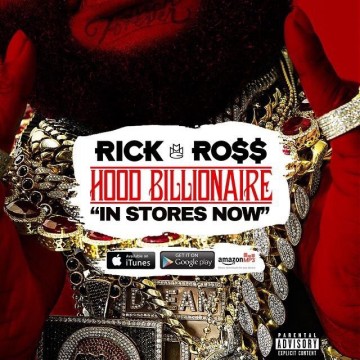Daily 30: Sat 08.23.2014
Breaking News!
6mo
6mo
A "Fancy" Fail!
6mo
6mo
New Artist Alert
6mo
The West Coast is Back
6mo
Club Banger
6mo
Let's Talk About Money!
6mo
Momma There Goes That Man!
6mo
Kick Game!
6mo
Fake Cops Pranks!
6mo
7mo
7mo
7mo
Happy Birthday
7mo
Show Me The Money
7mo
8mo
Classic Hip Hop Doc
8mo
8mo
Bringing Blacks Back To Baseball?
6mo
Did they square off or nah?
6mo
We Dem Boys!
6mo
6mo
Editorial
7mo
7mo
8mo
Action Packed!
7mo
7mo
Based On The Best Seller!
7mo


































